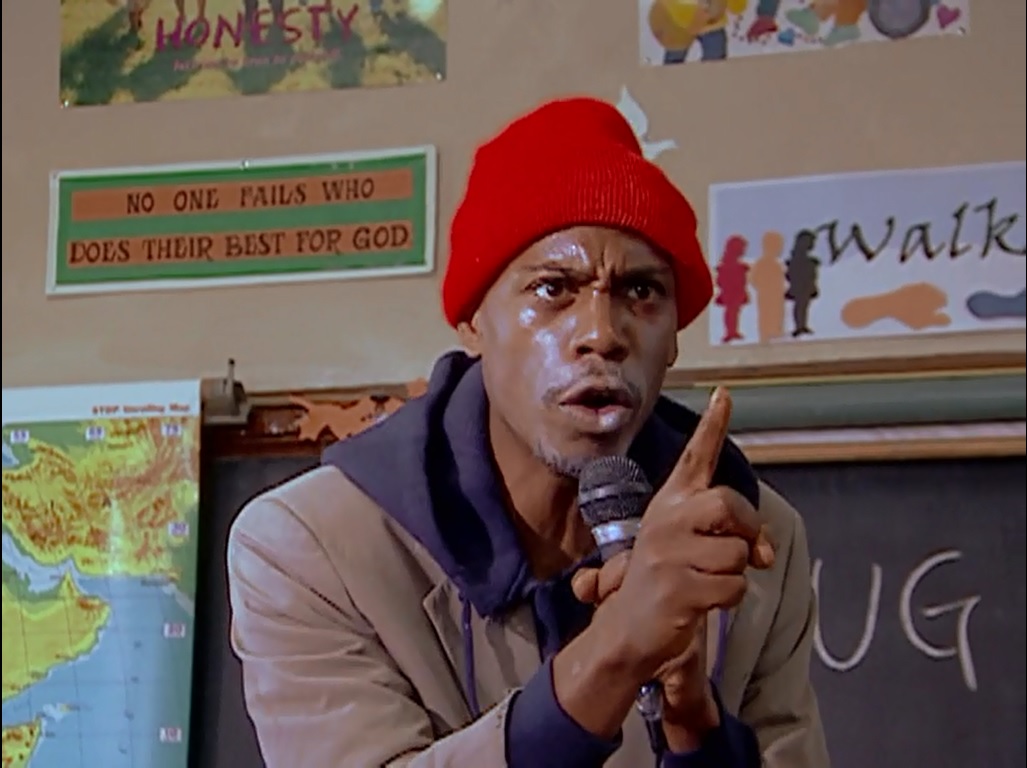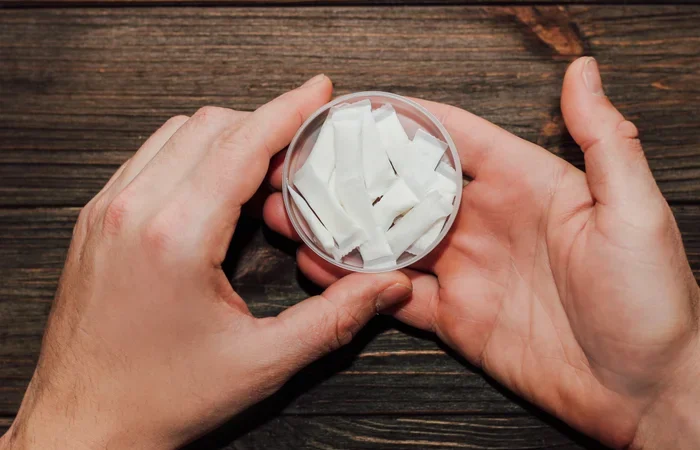Dave Chappelle Crack

In the realm of comedy, few names resonate as profoundly as Dave Chappelle. A comedic genius known for his sharp wit, fearless social commentary, and unapologetic satire, Chappelle has left an indelible mark on the landscape of entertainment. Among his many iconic sketches, one stands out as both uproariously funny and profoundly thought-provoking: the “Crack” sketch from his acclaimed sketch comedy series, “Chappelle’s Show.”
Aired in the early 2000s, during a time when America was grappling with the aftermath of the crack epidemic, Chappelle’s “Crack” sketch took aim at the sensationalism and hypocrisy surrounding drug addiction and the criminalization of Black communities. In typical Chappelle fashion, the sketch utilized biting humor and absurdity to shine a spotlight on uncomfortable truths, challenging audiences to confront their own preconceptions and biases.
The Unforgettable Impact
At its core, the “Crack” sketch is a scathing critique of media portrayals of drug addiction, particularly the racial disparities in coverage. Chappelle, in his role as a crack addict, delivers a deadpan monologue, detailing the absurd lengths to which he will go to satisfy his addiction. Meanwhile, a group of concerned white citizens gathers around him, expressing shock and pity at his plight. The juxtaposition of Chappelle’s exaggerated antics with the earnest reactions of the bystanders highlights the stark contrast between societal attitudes towards drug addiction in white and Black communities.
A Satirical Masterpiece
Through his portrayal of the crack addict, Chappelle exposes the underlying racism and classism inherent in the portrayal of drug users. While white drug addicts are often depicted as victims deserving of sympathy and rehabilitation, Black drug addicts are vilified as criminals and moral failures. Chappelle’s decision to play the role himself adds an additional layer of complexity, challenging audiences to confront their own assumptions about race and addiction.
But perhaps the most remarkable aspect of the “Crack” sketch is its enduring relevance. Despite being aired over two decades ago, its commentary on race, class, and addiction remains as timely as ever. The crack epidemic may have faded from the headlines, but the issues it raised continue to plague society, from the opioid crisis ravaging predominantly white communities to the ongoing disparities in the criminal justice system.
In many ways, Chappelle was ahead of his time, using comedy as a vehicle for social commentary long before it became fashionable. His willingness to tackle taboo subjects and challenge conventional wisdom set him apart as a comedian of rare insight and courage. And while his humor may be irreverent and controversial at times, it is always rooted in a deep empathy for the human condition.
Conclusion
The legacy of the “Crack” sketch extends far beyond its original airing. It has inspired countless comedians to push the boundaries of satire and speak truth to power. It has sparked conversations about race, addiction, and the media’s role in shaping public perception. And it has cemented Dave Chappelle‘s status as one of the most important and influential comedians of his generation.
In the end, the “Crack” sketch serves as a powerful reminder of the transformative power of comedy. It reminds us that laughter has the ability to disarm, to enlighten, and to provoke change. And it challenges us to confront the uncomfortable truths lurking beneath the surface of our society, one punchline at a time. As Dave Chappelle himself once said, “With humor, you can do almost anything.” And with the “Crack” sketch, he did just that.





